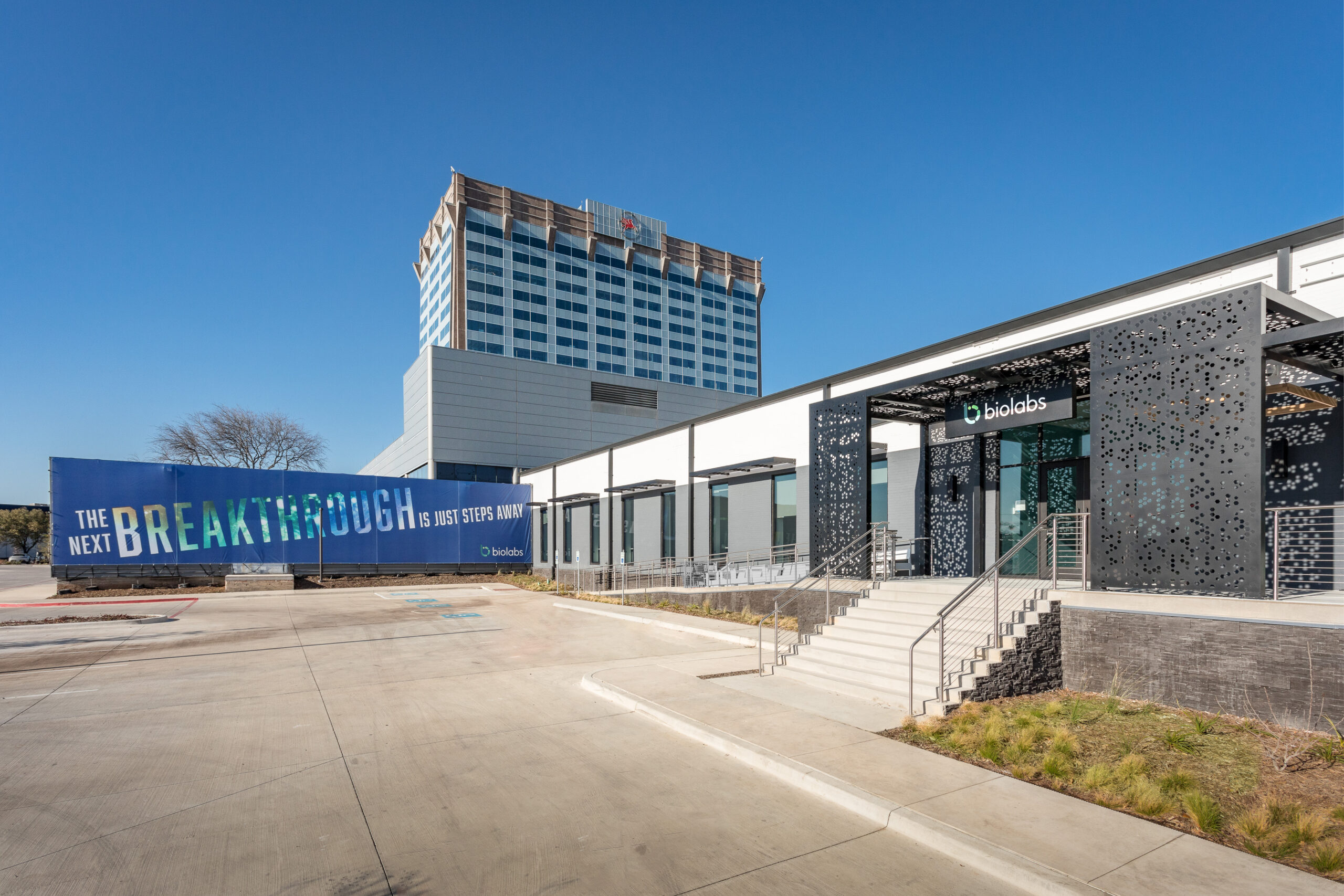LOS ANGELES – On a recent winter morning, health outreach worker Christopher Mack walked through the streets and alleys of Skid Row, passing a man pulling a rusty shopping cart and a woman asleep on a crumpled blue tarp. The smell of marijuana wafted through the cold air.
‘Do you have health insurance?” Mack, a towering man with long dreadlocks, asked one woman. “Do you go to the doctor?” he asked another.
Homeless men and women who didn’t qualify for insurance in the past now have the chance to sign up, and Mack – who was once homeless himself — is there to help.

Using Informed Awareness to Transform Care Coordination and Improve the Clinical and Patient Experience
This eBook, in collaboration with Care Logistics, details how hospitals and health systems can facilitate more effective decision-making by operationalizing elevated awareness.
As many as 1.2 million homeless people could be newly eligible for Medicaid under the national health law that allows states to expand the program to include poor people without children or disabilities, according to an article in the journal Health Affairs.
Insuring homeless people and connecting them to health clinics could lead to more routine medical care and less reliance on costly emergency rooms, doctors and health care advocates say. The effort also may help them get housing and other necessary services.
Homeless patients often delay care and end up at the hospital, where doctors are left to manage their complex health conditions as well as their social needs. “They are very complicated patients,” said Michael Cousineau, a health policy expert at University of Southern California’s Keck School of Medicine. “It creates tremendous challenges for the system and the providers.”

BioLabs Pegasus Park Cultivates Life Science Ecosystem
Gabby Everett, the site director for BioLabs Pegasus Park, offered a tour of the space and shared some examples of why early-stage life science companies should choose North Texas.
Engaging homeless people and bringing them into medical care, Cousineau said, “is a very important first step to helping stabilize this population.”
Outreach and enrollment among the homeless is challenging, however, in large part because many are addicted to drugs or are mentally ill, and they distrust government and public programs. Homeless people are transient and usually lack permanent mailing addresses. And while many live in plain sight, others are harder to find, hidden beneath bridges or under freeway overpasses.
Mack knows the barriers well. A former addict himself, he spent decades on the streets before getting clean. Now, he is a lead outreach worker for the John Wesley Community Health or JWCH Institute, which has several clinics that provide healthcare and other services to the homeless and underserved.
No I.D. Needed
On this morning, he stepped out of one clinic on and soon saw Martha Castro, a 64-year-old woman hunched over, a scarf wrapped around her face to ward off the cold.
Slurring her words, she said that she had been homeless for four years and had been to the doctor just once, to be treated for a lung infection.
“If anything else happens to you, you can come now again,” Mack said, explaining that she may qualify for insurance.
She shook her head emphatically. “No, I don’t want to apply for nothing else right now.”
Castro said she didn’t have any identification or money. “We are here from Skid Row,” she said. “How we gonna have insurance for the clinic?”
The coverage is free and she only needs a Social Security number to apply, but Mack knows now isn’t the time to explain further. He can’t push anyone to enroll or go to the doctor. He has to gain their trust over time, helping them see the upside to coverage. “You let the person decide for themselves,” Mack said. “You never know when it might be the day.”
The sooner the better, said Dr. Dennis Bleakley of the JWCH Institute. Many homeless people suffer from chronic diseases such as diabetes, high blood pressure and asthma, and they often wait until they are in dire shape to seek medical treatment.
From their perspective, they have much more important and urgent things to worry about, Bleakley said. “They are literally sleeping on a doorstep.”
Other states have only recently started signing people in Medicaid. California got a head start, signing up more than 660,000 uninsured, poor patients into a county-based coverage program since 2011.
On Jan. 1, those patients, including many who are homeless, were automatically transferred into Medicaid, called Medi-Cal in California.
While in the transitional program, patients could receive care at the county and community clinics, but getting appointments with specialists often took months. Medi-Cal will help patients get better access to neurologists, gastroenterologists and others, health officials said.
But the coverage doesn’t guarantee regular medical care, experts said. There is already a shortage of both primary care doctors and specialists, and budget cuts in California have led to among the lowest reimbursement rates for Medicaid doctors and hospitals in the nation.
‘God Bless You’
At the busy JWCH clinic the morning after Mack’s Skid Row visit, enrollment workers were busy signing up patients for Medi-Cal coverage and making sure they knew where to go for care.
George Farag, 56, who sleeps at a local mission each night, said he lost his job as a security guard when he fell asleep on duty. He ended up on the streets and got hit by a car, resulting in a leg injury that causes him to limp.
Farag, an Egyptian immigrant who speaks with a thick accent, also has asthma, diabetes, depression and insomnia.
“This is the final step before your transition into Medi-Cal,” enrollment worker Alberto Moreno told him. “Your doctor will be assigned here.”
“God bless you,” responded Farag, carrying a black plastic bag filled with papers and
Another patient, Cesar Salas, 38, said he’d become homeless because of alcohol and drug abuse but he was sober now and living in a shelter.
Recently, Salas cut his finger but stitched the injury up himself instead of going to the doctor, he said. After the finger didn’t heal properly, he ended up at the clinic.
Salas said he had heard about Obamacare on television but still doesn’t understand how the insurance works.
A clinic enrollment worker helped him complete the application for Medi-Cal. Now he hopes to start seeing both a doctor and a counselor more regularly. He’s been having nightmares and hasn’t been able to keep a job.
“I’m struggling,” he said. “I don’t know what’s going to happen to me.”
Mack tries to put the patients at ease.
On Skid Row, he stopped to talk to Sakeenah Borscha, an overweight woman sitting on a motorized scooter overflowing with bags of belongings.
Recently arrived from Arizona, Borsha said she was diabetic and had an injured knee. She needed medication for both, she told Mack. She’d had coverage in the past but didn’t know if she was still insured.
Mack patted her knee and smiled.
“Come see me in the morning,” he said before heading back through the maze of shopping carts, tarps and tents.












